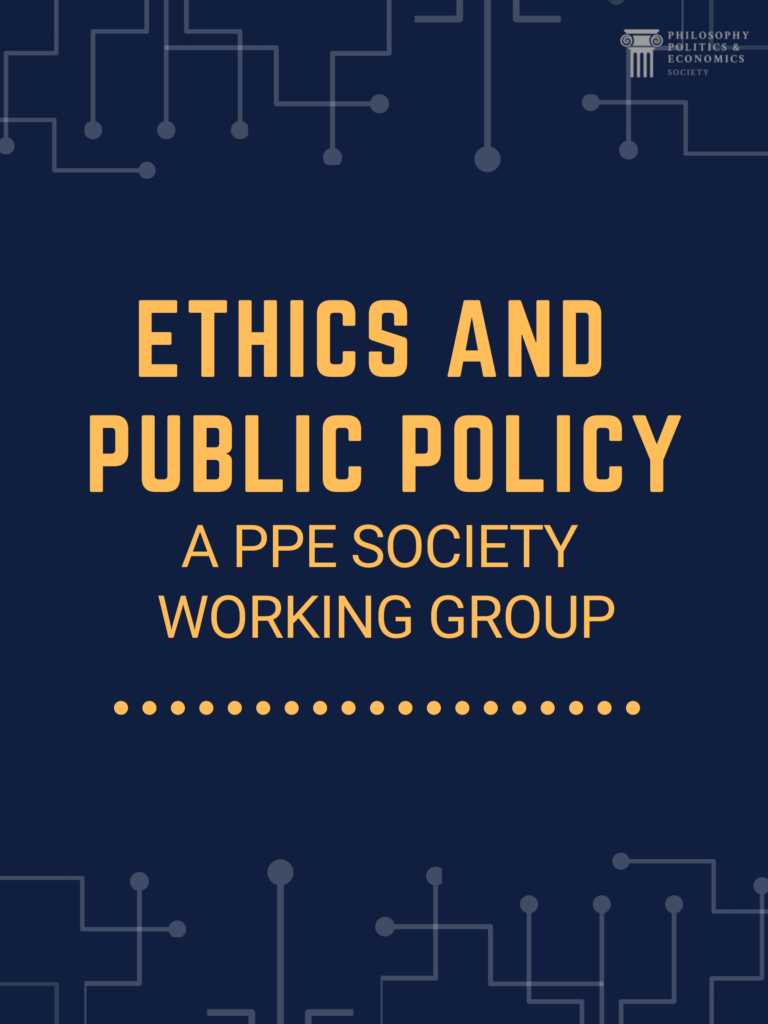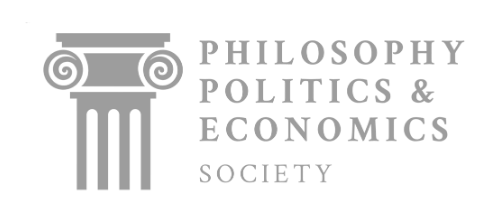Ethics and Public Policy
Co-Directors:
Contact: ethicsandpublicpolicy@gmail.com
Goals:
- Promote research on the ethical dimensions of public policy.
- Improve ethics education for Public Policy/Public Affairs/Public Administration students.
- Build a community of teachers and researchers.
Members:
- Scholars teaching and conducting research on the normative dimension of public policy.

See: Upcoming Workshops and Events | Past Workshops and Events | Member Directory | Recent Publications | Teaching Resources
Upcoming Workshops and Events
April 12th, 10am ET (Zoom) Chiara Cordelli, Department of Political Science, University of Chicago
Title: “On the Radical Republican Critique of Capitalism”
Abstract: Political philosophy is witnessing a revival of critiques of capitalism. Against those who argue that capitalism is unjust because of (i) its distributive outcomes, (ii) the oppression of workers at the point of production, or (iii) the extraction of surplus value by the owners of capital, radical republicans have recently defended the view that the distinctive wrong of capitalism amounts to a form of structural domination, which is contingent neither on distributional outcomes nor on capitalists’ extractive dispositions. The point of socialism, in turn, is to achieve non-domination in the labor process, by means of workers’ ownership and control. My goal will be to, first, show some of the limits of radical republicanism as a critique of capitalism and, second, to sketch an alternative account of the wrong of capitalism as an alienated relation between citizens and their socio-political order. Overcoming such a relation requires not just workers’ control, but the politicization of investment decisions otherwise treated as purely economic, and the involvement of citizens in the conscious planning of the economy.
